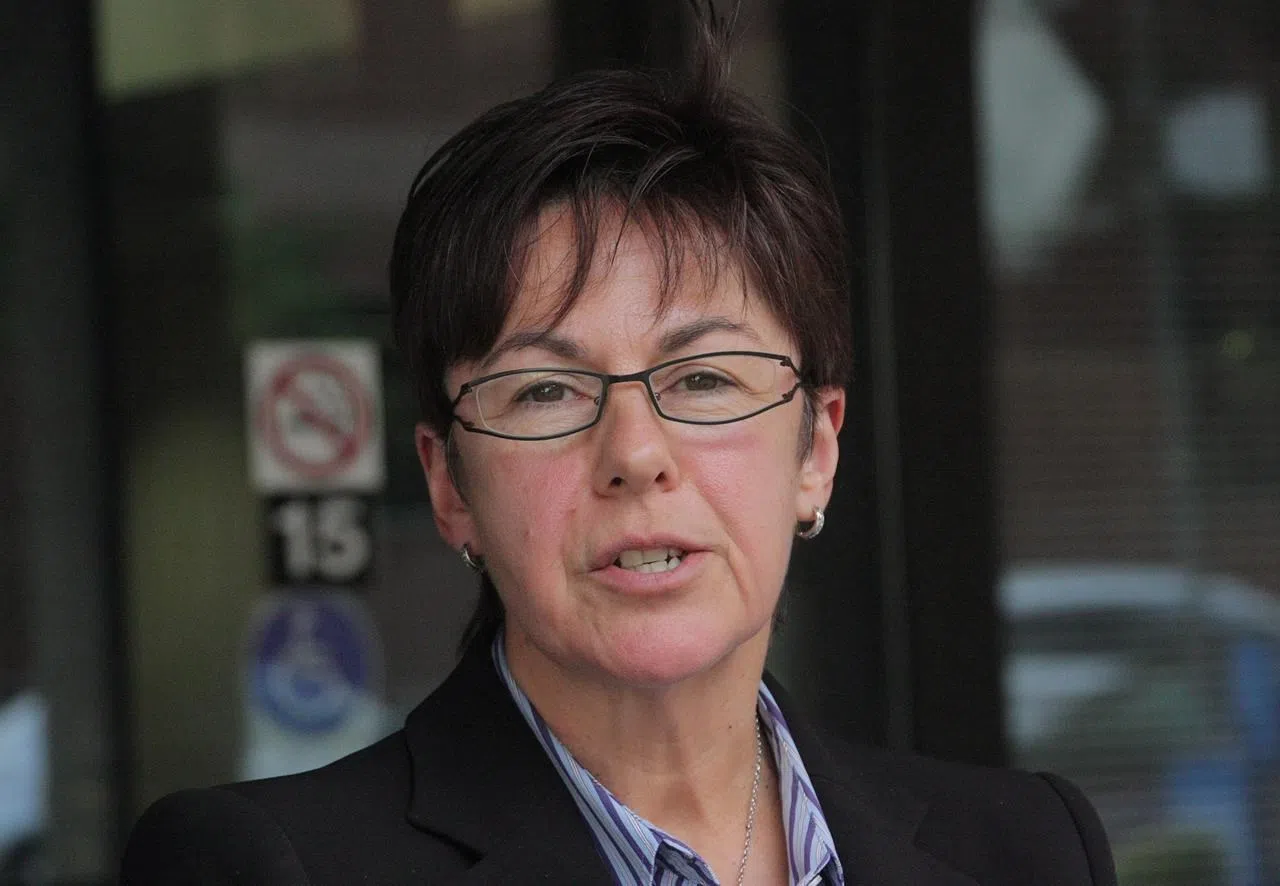
Liberals to reject Senate changes to solitary confinement bill
OTTAWA — The Liberals are poised to reject a number of the Senate’s amendments to a bill that aims to end solitary confinement — changes many lawyers and human rights advocates say are necessary to make the bill constitutional.
On Friday, the government tabled its response to a package of amendments to Bill C-83 the Senate passed last week, including a key change that would require a judge to approve any decision to isolate a prisoner beyond 48 hours.
Other changes would see prisoners with mental illnesses treated by outside medical experts, rather than correctional staff, and offer more community-based options for rehabilitating Indigenous people.
The Liberals plan to reject six amendments, including the one that would add judicial oversight.
